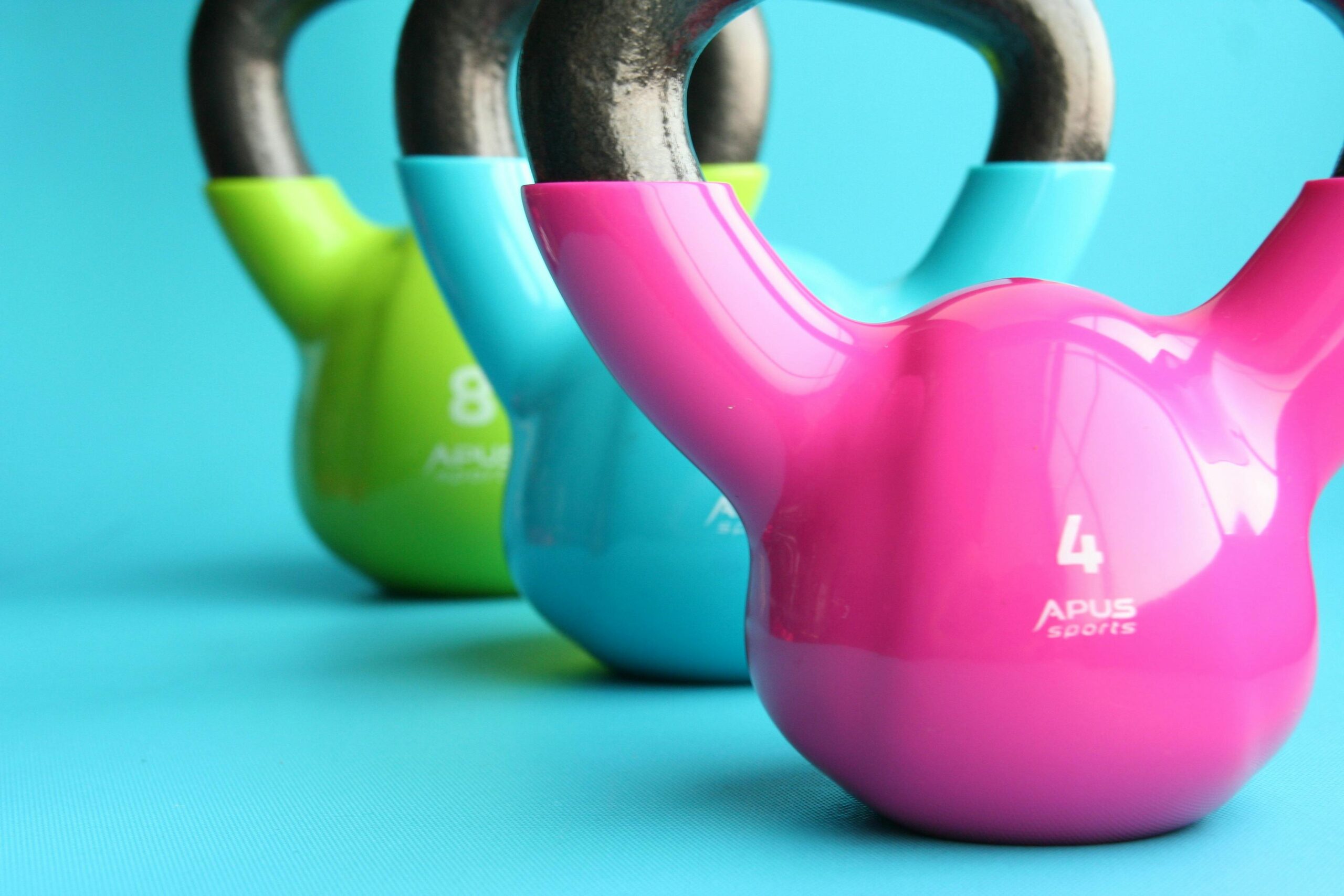Bodyweight Training Exercises: Your Path to Better Health and Wellbeing
Bodyweight training exercises are an incredible way to build strength, improve flexibility, and enhance overall fitness without the need for any gym equipment. Whether you’re at home, in the park, or traveling, bodyweight exercises allow you to maintain a consistent workout routine with minimal equipment and maximum efficiency. By focusing on natural movements that engage multiple muscle groups, these exercises provide a well-rounded approach to health and wellbeing.
In this article, we’ll explore the benefits of bodyweight training, highlight essential exercises, and discuss how incorporating these routines into your life can improve both physical and mental health. Additionally, we’ll touch on the significance of Vitamin B12 shots in supporting your fitness goals and how they can complement a healthy lifestyle.
Why Bodyweight Training Is Essential for Your Health and Wellbeing
Bodyweight training provides numerous benefits that contribute to improved health and wellbeing. Unlike traditional weight lifting, which requires equipment, bodyweight exercises rely solely on your own body weight to provide resistance. This makes them accessible to people of all fitness levels and allows for a highly effective workout without the need for fancy machines or weights.
Some of the key benefits of bodyweight training include:
- Improved Strength: Bodyweight exercises engage multiple muscle groups, helping you build functional strength.
- Better Flexibility and Mobility: Many bodyweight exercises involve dynamic movements that improve joint flexibility and range of motion.
- Weight Management: By increasing your muscle mass and boosting metabolism, bodyweight training can contribute to fat loss and weight management.
- Reduced Injury Risk: As bodyweight exercises are functional and often focus on natural movement patterns, they reduce the risk of injury compared to other forms of exercise.
- Convenience: These exercises can be done anywhere, making them perfect for people who travel or those who prefer to work out at home.
Bodyweight training not only helps build muscle and endurance but also fosters a greater sense of balance and coordination. With the right exercises, you can significantly improve your overall health without needing to invest in expensive equipment or a gym membership.
Effective Bodyweight Exercises for Strength and Endurance
The beauty of bodyweight exercises is that they can target every major muscle group, providing a balanced workout for your entire body. Here are a few essential exercises that can help you get started:
Push-Ups: The Classic Upper Body Workout
Push-ups are one of the most effective exercises for building upper body strength. They engage the chest, shoulders, triceps, and core muscles, making them an excellent choice for a full-body workout.
How to perform a push-up:
- Start in a high plank position, with your hands placed slightly wider than shoulder-width apart and your feet together.
- Lower your body toward the ground by bending your elbows, keeping your body in a straight line from head to heels.
- Push back up to the starting position, fully extending your arms.
Push-ups can be modified to suit your fitness level. Beginners can start with knee push-ups, while more advanced practitioners can try clap push-ups or decline push-ups for a more challenging workout.
Squats: Strengthen Your Lower Body
Squats are another fundamental bodyweight exercise that targets the lower body, including the quads, hamstrings, glutes, and calves. Squats help improve strength, flexibility, and mobility in the legs and hips, which are essential for overall functional movement.
How to perform a squat:
- Stand with your feet shoulder-width apart and toes pointing slightly outward.
- Bend your knees and lower your hips as if you were sitting back into a chair.
- Keep your chest up and your back straight throughout the movement.
- Push through your heels to stand back up to the starting position.
For added intensity, you can try jump squats or single-leg squats. Squats are great for improving lower body strength and enhancing cardiovascular fitness.
Planks: Core Stability
A strong core is essential for maintaining good posture, balance, and overall functional fitness. The plank is an isometric exercise that targets the core muscles, including the abdominals, obliques, and lower back.
How to perform a plank:
- Begin in a forearm plank position, with your elbows directly under your shoulders and your body in a straight line from head to heels.
- Engage your core and hold the position for 30 seconds to 1 minute, depending on your fitness level.
The plank can be modified by doing side planks or plank variations like leg lifts to increase the challenge. It’s an excellent exercise for developing core strength, which plays a crucial role in supporting your spine and reducing the risk of injury.
Lunges: Lower Body Strength and Stability
Lunges are another fantastic bodyweight exercise for strengthening the lower body, especially the quads, hamstrings, and glutes. Lunges also improve stability and balance as they involve stepping forward, backward, or to the side.
How to perform a lunge:
- Stand with your feet hip-width apart and take a large step forward with one leg.
- Lower your body until both knees are bent at a 90-degree angle, with the back knee just above the ground.
- Push through the front heel to return to the starting position and repeat on the other leg.
Lunges can be done in different directions (forward, reverse, lateral) to target different muscles in the legs and hips.
Burpees: Full-Body Cardio and Strength
Burpees are a dynamic exercise that combines a squat, plank, push-up, and jump into one fluid movement. This full-body exercise is excellent for improving cardiovascular endurance, strength, and power.
How to perform a burpee:
- Start in a standing position and squat down to place your hands on the floor.
- Jump your feet back into a plank position and perform a push-up.
- Jump your feet forward to your hands, then explosively jump up, reaching your arms overhead.
Burpees are intense and can be challenging, but they’re great for building endurance, strength, and coordination. Start with a few repetitions and gradually increase the intensity.
Complementing Your Bodyweight Training with Proper Nutrition
In addition to bodyweight exercises, maintaining proper nutrition is essential for maximizing your performance and recovery. One supplement that can play a crucial role in supporting your health and wellbeing is Vitamin B12 shots.
Vitamin B12 shots can provide an energy boost and support the proper functioning of your nervous system, helping you stay motivated and energized during workouts. B12 is also important for red blood cell production and muscle recovery, ensuring that your body can rebuild itself after intense training sessions.
If you’re feeling fatigued or have difficulty maintaining energy levels during workouts, a Vitamin B12 shot may be a beneficial supplement to support your fitness goals. Always consult a healthcare provider before adding any new supplements to your routine to ensure they align with your individual needs.
Staying Consistent with Your Bodyweight Training Routine
Achieving significant results with bodyweight exercises requires consistency. Setting a regular workout schedule and gradually increasing the intensity of your workouts will help you build strength and improve your overall fitness level.
To stay motivated and track your progress, consider using a fitness journal or app to log your workouts and monitor your improvements. It’s also helpful to work with a personal trainer or fitness coach, especially if you’re new to bodyweight training. A trainer can help you perfect your form and ensure you’re getting the most out of your workouts.
FAQ
1. How often should I perform bodyweight exercises?
It’s recommended to do bodyweight exercises at least 3-4 times a week. Allow for adequate rest between sessions to avoid overtraining and give your muscles time to recover.
2. Can I build muscle with bodyweight exercises?
Yes! Bodyweight exercises are excellent for building functional strength and muscle endurance. For more muscle growth, focus on progressively increasing the intensity of your workouts by adding more repetitions, sets, or advanced variations.
3. How do I prevent injury during bodyweight training?
Ensure you maintain proper form during each exercise, and avoid pushing yourself too hard, especially if you’re a beginner. Start with easier variations and gradually increase the intensity as your strength and stamina improve.
Bodyweight training exercises offer an efficient and accessible way to enhance your health and wellbeing. Whether you’re looking to build strength, improve flexibility, or increase cardiovascular fitness, these exercises provide a well-rounded approach to overall fitness. Pairing bodyweight training with proper nutrition, including Vitamin B12 shots, ensures that you’re fueling your body for optimal performance and recovery. Stay consistent, challenge yourself, and enjoy the many benefits that bodyweight exercises bring to your fitness journey.







Post Comment